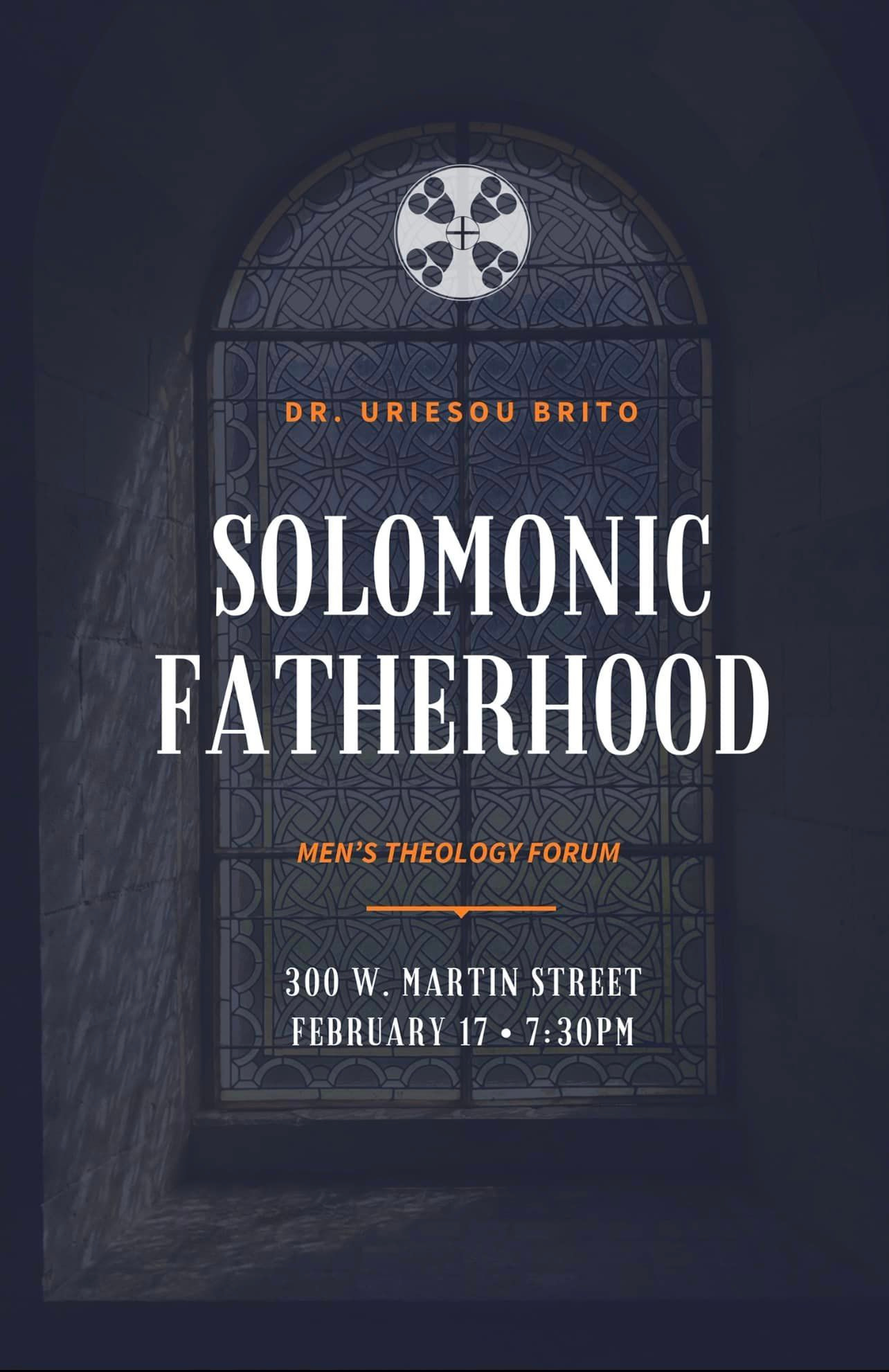On the Road Again...
Why Mrs. Bennett is worse than you think.
Greetings, Perspectivalists!
Thanks for tuning in once more. I have surpassed the 200-subscriber mark. Thank you for the readership and also the paid subscribers of the podcast. This will be a shorter lexical excursion since I am getting my business ready to go on business.
The Matriarch of Insanity
I was reminded recently, finishing Pride and Prejudice, of that great villain, Mrs. Bennett. She is the quarrelsome, dripping faucet that makes life miserable for those around her and throws words out as carefully as a firehose on Main Street. She articulates her grief like a spoiled teenager whose cell phone was taken away during supper. She makes her husband regret her presence, causing him to flee to his study for relief.
Mrs. Bennett strikes me as a troublesome human because she lives off the self-deserving currency. In her estimation, life is created to revolve around her bucket list. While her desires appear lucid enough—marrying off her daughters to respectable men—her methods betray common decency. Her homiletic skills display a form of self-aggrandizement that would make a mere pastor like myself dread her presence on a Sunday morning.
Austen makes Mrs. Bennett the matriarch of insanity; a kind of necessary evil to make the story flow as it should. She does end with some mixed happiness, but her joy is predicated upon a sense of entitlement that endangers all around her.
When the Psalmist says that they murmured in their tents, the following line is almost predictable—and did not obey the voice of Yahweh (Ps. 106:25). Murmuring becomes a prerequisite for disobedience. I murmur, therefore I am.
The Bible offers a comprehensive behavioral ethic, and the complaining party is an exquisite delicacy on the menu of “bad things.” The rule here is to never complain like a mad woman in an Austen novel. Indeed, the positive rule is to ask in faith, offering holy petitions with gusto.
Traveling Mercies
And speaking of petitions, I ask that you think kindly of me in these next 12 days. My binder is overwhelmed with almost 100 pages of notes and manuscripts. I will be delivering talks on the theology of Jonah, Church and Family, ecclesial conservatism, Solomonic fatherhood, and sundry activities on pastoral topics. These will take me to New Hampshire, D.C., West Virginia, and Pennsylvania. And I hope to become acquainted with various coffee shops and bask in the hospitality of new and old friends.
So, please pray for my endeavors, mental fecundity, and cheeriness. I am leaving in good spirits and hope to return energized for the labors here in Pensacola.
On Writing
On the writing front, my keyboard has been alternating between phrases. It’s on its last leg and I do have a backup, but I do love to see old things die peacefully. So, I will keep pressing letters hoping they form coherent sentences.
I confess my taste for formal writing has become somewhat dry lately. The daily tasks of communicating keep me at arm’s length from pursuing formal associations. This tendency did not keep me from contracting myself with some dear folks in Arkansas to write a short work on the armor of God. It should have some fruitful consequences. I am arguing in the book that the armor is not some Roman costume, but a priestly attire symbolizing various forms of sacramental life for the Christian. I will try to add some lines from it in future installments.
The other work on I Corinthians 11-13 has hit the pause button while I get some traveling underway. My hope is to keep pressing on and making some adequate progress in airplanes and hotels in the near future.
Eschatological blessings to you all,
Rev. Dr. Uriesou Brito
Notations:
· I argued in a recent article that theology must end in application:
“Theology prepares us to ascend with our Lord; in that reign, we can learn to apply this rulership in all areas of life. In applying our theology, we become ambassadors for our theology. Theology is life, and life is theological.”
· I am working my way through the delightful Princess and the Goblin by George MacDonald and realized that goblins build houses for themselves. These dwellings function like mini-institutions protecting them from humans. There is always a perpetual war of houses in the Bible. Evil build houses to protect themselves, but many evangelical Christians don’t realize they have a house to build—assuming that it will all take care of itself with naïve pragmatism.
· Reading carefully through T.S. Eliot’s Four Quartets led me to the opening line of East Coker, “In my beginning is my end.” It has captivated me several times these past few weeks and caused me to elaborate on it in a recent homily I delivered for a wedding shower. God kills and makes alive. We live in a world of deaths and resurrections.
· A dear friend asked me if I had any concerns with J.C. Ryle’s Thoughts for Young Men. We have been reading through it with several of our high schoolers at Providence. I suspect his concerns stem from Ryle’s more introspective motifs. I responded thusly,
“I think Ryle was the cool Jordan Peterson of his age: saying everyday sensical things to a generation of growing apathy. But Ryle is also a better Jordan Peterson because he was biblicizing his audience. I can overlook the discomfort of certain portions in exchange for the hard truths.”
Resources:
My blog is where I offer thoughts on reading and other sundry things.
Kuyperian Commentary where we develop some Kuyperian themes in various fields.
My Facebook page forms the crux of my pastoral and popular material.
My Twitter feed is where I invest energy in irritating the right people.


May God rain down his blessings on you, my friend.